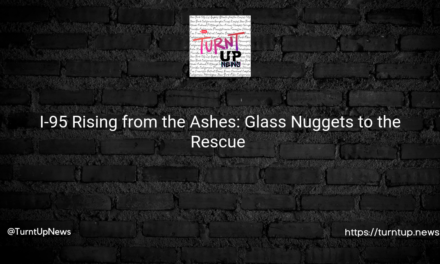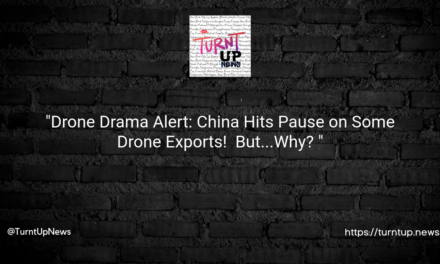“The Unseen Heroes of Social Media: Emojis, Likes, and…Torture? 🤔💻😱”
TL;DR: 🌍 Nearly 200 ex-Facebook content moderators from Kenya 🇰🇪 are suing the social media giant and its local contractor, Sama, citing their roles as “virtual violence shields” 😱 as a form of torture. Their demands? A whopping $1.6 billion compensation fund 💰 for alleged poor working conditions, inadequate mental health support, and low pay. 👎 Their case could have significant global implications, sparking debate around the dark side of social media moderation. 🌐💭
Blink once, you see a cute cat video 🐱; blink twice, and you’re staring at a graphic video of violence or sexual assault. This is the brutal reality of content moderators like Nathan Nkunzimana, who once took pride in being the unseen heroes of the online world. They acted as our virtual shields, ensuring the content we consume on our beloved social platforms doesn’t give us nightmares.
Now, Nkunzimana and about 200 others are donning a different cape, championing a court case against Facebook and Sama, their former employer. Their role in the tech titan’s Nairobi-based content moderation hub had them screening everything from posts and videos to messages from users across Africa 🌍, sieving out any content that infringed on community guidelines. Their fight, though? It’s against the graphic and horrific nature of the content they had to confront daily, with insufficient support or remuneration. 🛡️💔💸
As they find themselves jobless, struggling with expiring work permits and haunted by the disturbing images they’ve seen, a pressing question comes up: who protects the protectors? 🤔 Nkunzimana, a father of three from Burundi, poignantly puts it, “If you feel comfortable browsing and going through the Facebook page, it is because there’s someone like me who has been there on that screen, checking, ‘Is this okay to be here?’”
But at what cost? The daily confrontation with violent content has taken a mental toll, one they believe hasn’t been adequately addressed or compensated for by Facebook and Sama. Both companies, however, have defended their employment practices. Yet, the case continues, its resolution uncertain, leaving the moderators in limbo. 🔄
The case has implications far beyond Kenya, with experts like Sarah Roberts from the University of California pointing out the potential psychological damage of such work. This case, she notes, brings into focus the tech industry’s exploitative practices that leverage global economic disparity. 😓🌐
Yet, amidst the shadows of this digital battlefield, a glimmer of hope emerges – collective action and visibility. The typically silent ‘knights of the digital realm’ are standing up and pushing back against their conditions. 💪 Their voices echo the question: when will the tech industry start taking responsibility for its outsourcing practices? 🎤⏳
So as we comfortably scroll through our newsfeeds, spare a thought for these virtual shield bearers. Remember, every ‘like’ you click, every ‘share’ you make, there’s someone out there making sure the online world remains safe for you. 🛡️💙
And now, to leave you with a thought-provoking question: Should social media giants be held responsible for the mental health of their content moderators? Or is it simply the cost of doing business in the digital world? 🧠💼 Let’s hear what you have to say. 💭🔊





